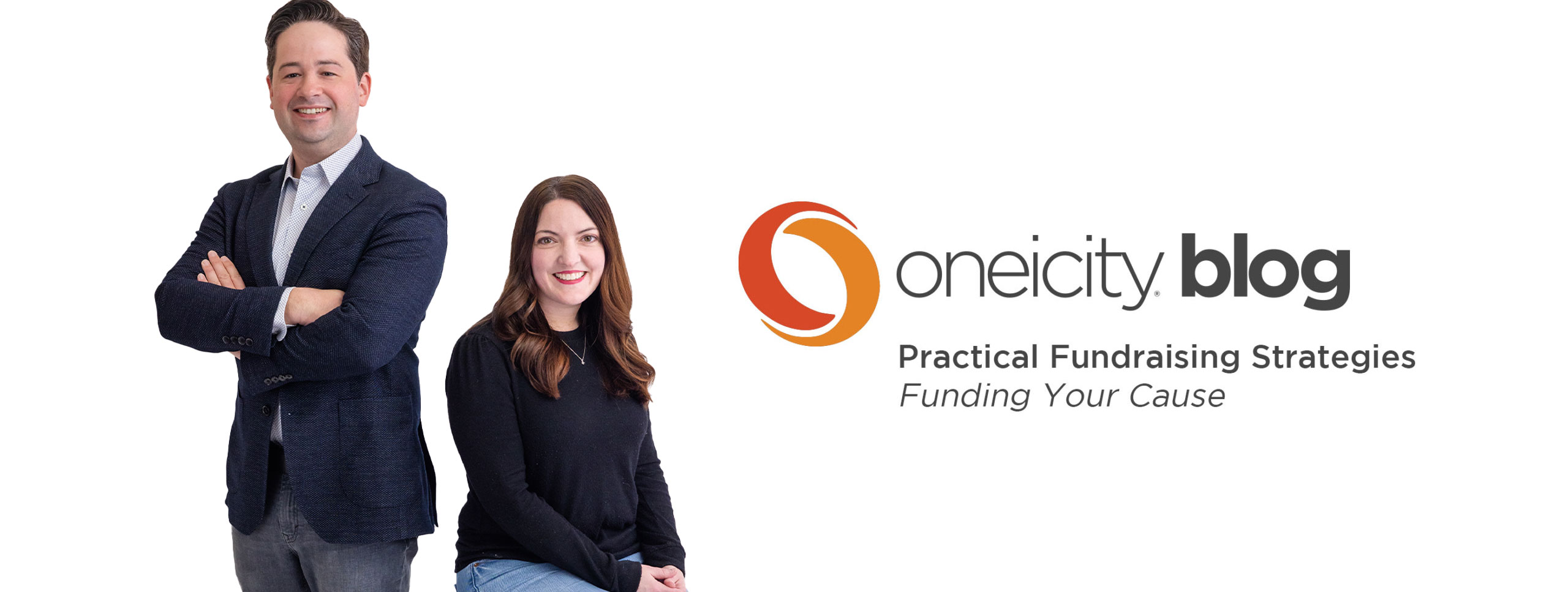“Multitasking is the alchemy of the 21st Century.” How’s that for a killer quote? That’s from Sherry Turkle, an MIT professor and the author of “Alone Together: Why we Expect More from Technology and Less from Each Other.”
One of my friends who’s a serious thinker sent me the link to a podcast from the Harvard Business Review. I’m not a big podcast listener but the quote and my friend’s recommendation were enough that I gave it a try. You can listen here, it’s only about a 15-minute interview and totally worth your time.
I jotted some notes as I listened. Here’s what I heard Professor Turkle saying:
“Multitasking is like alchemy, in that it is a fantasy. It’s the fantasy that we could use multitasking to make time multiply. We could have more of it by multitasking. Much like alchemy was an elaborate fantasy, things didn’t workout the way we had fantasized. Every time we do a new task or add a new task our performance in every task degrades a little bit.”
She goes on to say:
“This is a rough realization, because so many of us got used to the idea that we were making time. We felt like masters of the universe as we were doing all of these things at once. Our brains, our bodies rewarded us with a dopamine squirt, a shot of neural chemical that made us feel great every time we added a new task.”
We were rewarded for multitasking by feeling great. But it turned out we were doing worse and worse at everything we did.
Strong words from Professor Turkle. And I agree.
She has some great ideas in the podcast for what to do so that you aren’t buying into this 21st Century alchemy. I’ll let you listen and maybe like me you’ll buy her book. I’m working on getting an interview with her because this is pretty important stuff.
Here are the takeaways I’d suggest based on what I’m doing to try to deal with both the demands and realities of my work:
Know yourself. I do not shift focus quickly. So I try to schedule calls and emails separately from thinking or writing time. I am a morning person. Late afternoon is not my ideal sitting-with-a-blank-page time. I need to interact with people in the late afternoon or I’m a goner. The only way I can manage this is to block out time to write/think and other times to communicate/connect.
Let people know what you’re doing. I’ve done a terrible job of this, but I hereby announce that I’m trying to read email mornings, midday and late afternoon. You’ll catch me other times but that’s what seems smart to me. That constant pinging and seeing email makes me crazy. So I plan to close my email client in between times.
Handle it once. I “knew” this but I really didn’t practice it well. So I relearned it from a client. (I love learning things from clients, proves how smart they really are). Bobby Arkills uses this to help his staff, I don’t think it’s original to Bobby, but he’s who I heard it from at the right time in Oneicity’s lifecycle. So much of the churn of multitasking seems to be communicating about things you’ve communicated about (or in my case often miscommunicated or incompletely communicated). Deal with it once in a clear way.
Use the right channel. Some people are email people. Other people are phone people. Some communications are best on the phone. Others work with a quick text. Whatever. All tools are not equal. Your mileage will vary.
Here’s something that she said that I can’t get out of my brain:
“We’re too busy communicating to think.
We’re too busy communicating to connect.
We’re too busy communicating to create in ways that matter.”
Couldn’t agree more.
So, what about you? Do you agree with Professor Turkle and me? Many of us feel like we have to multitask. How do you manage your workflow to deal with the realities of over-communicating? I love hearing what you think.

Steve Thomas
Partner, Oneicity
Hat tip to John Hull for the sending me the podcast.
(photo credit: LAC/BAC)

